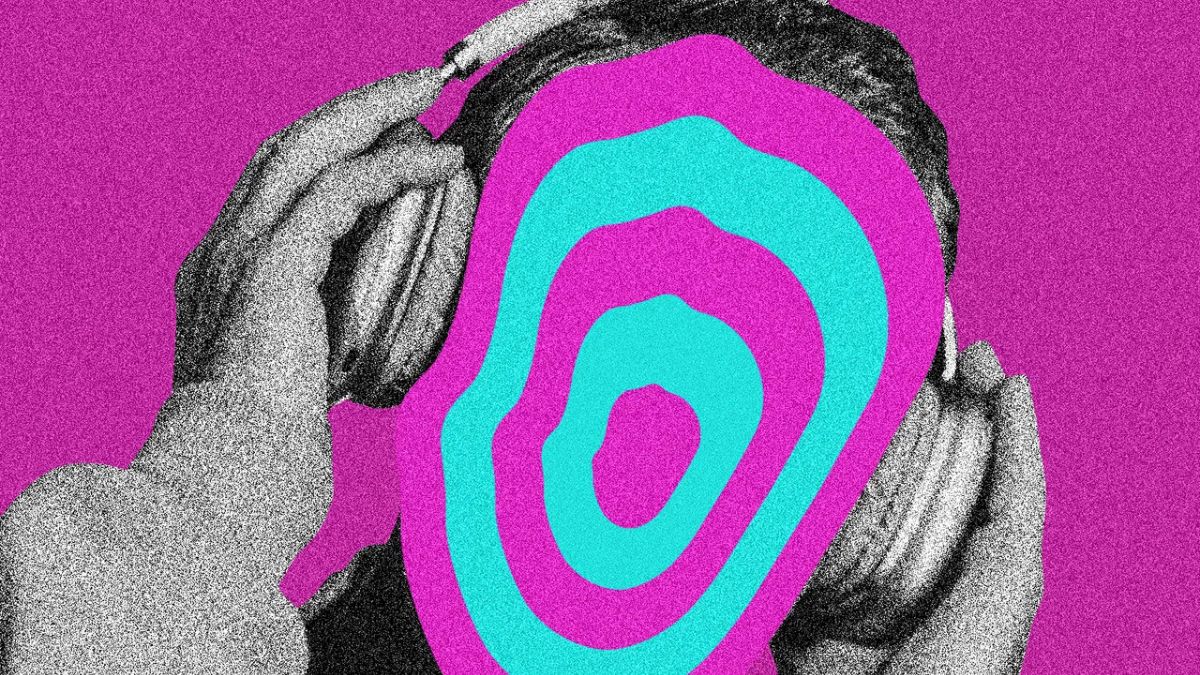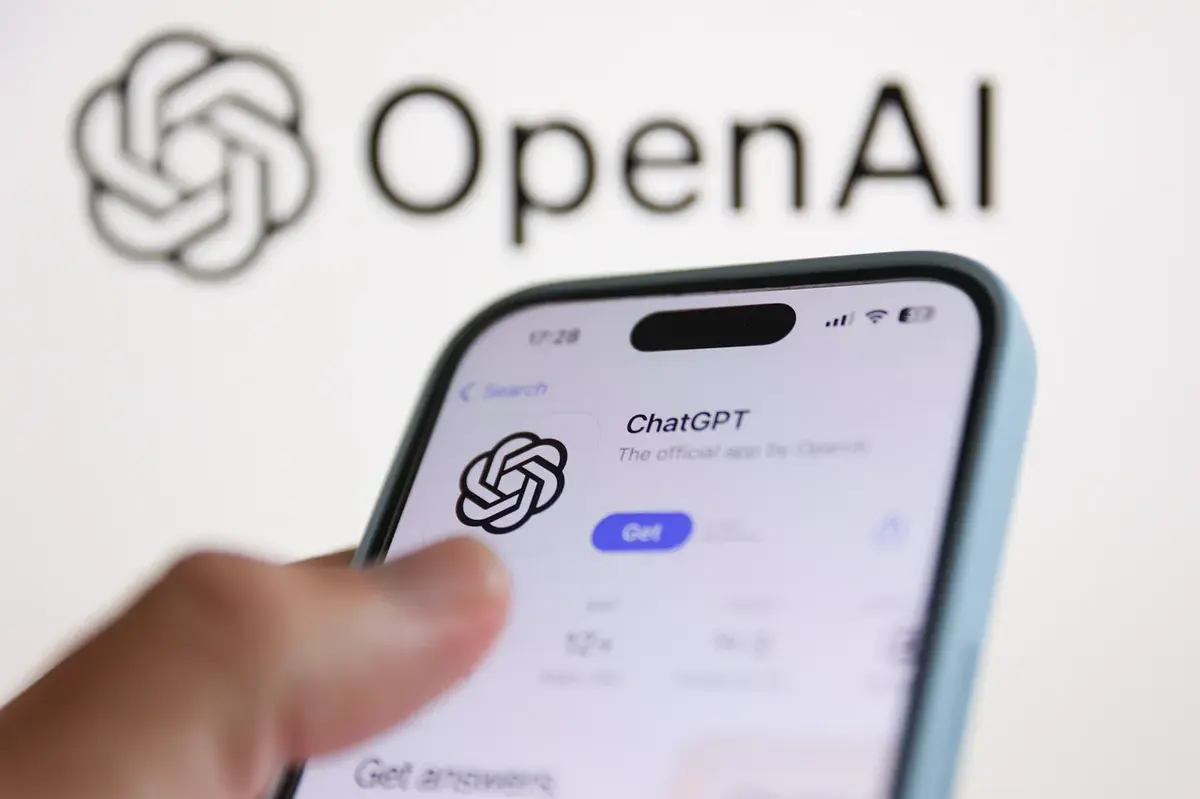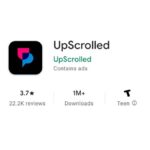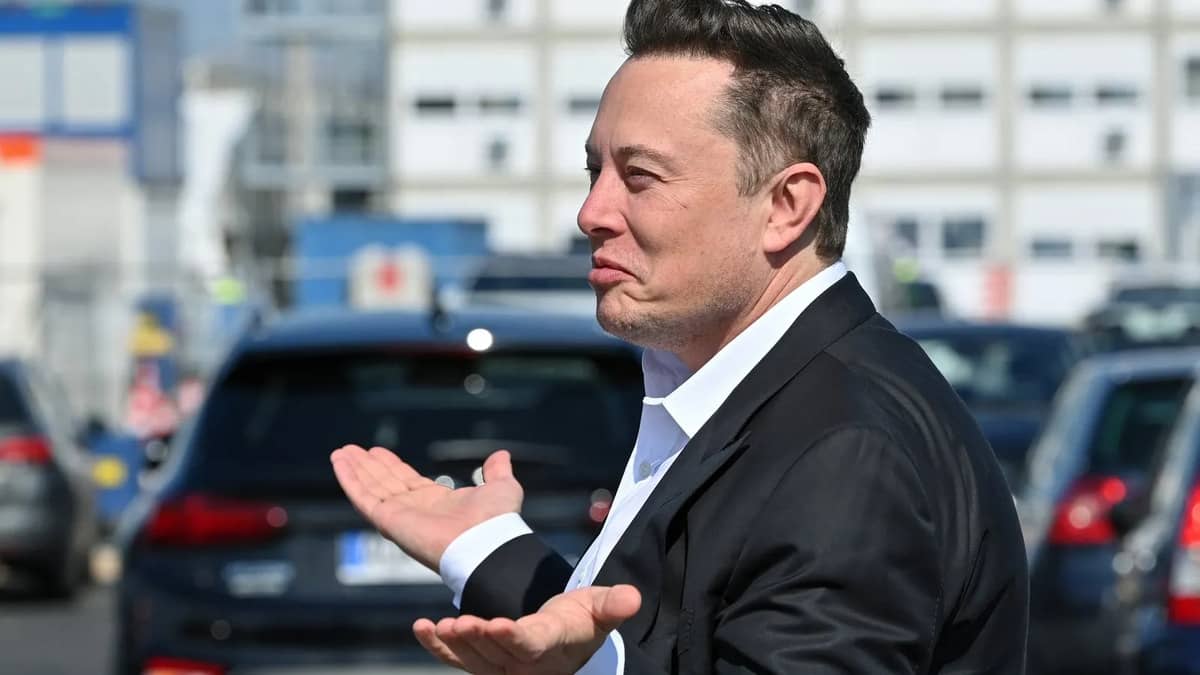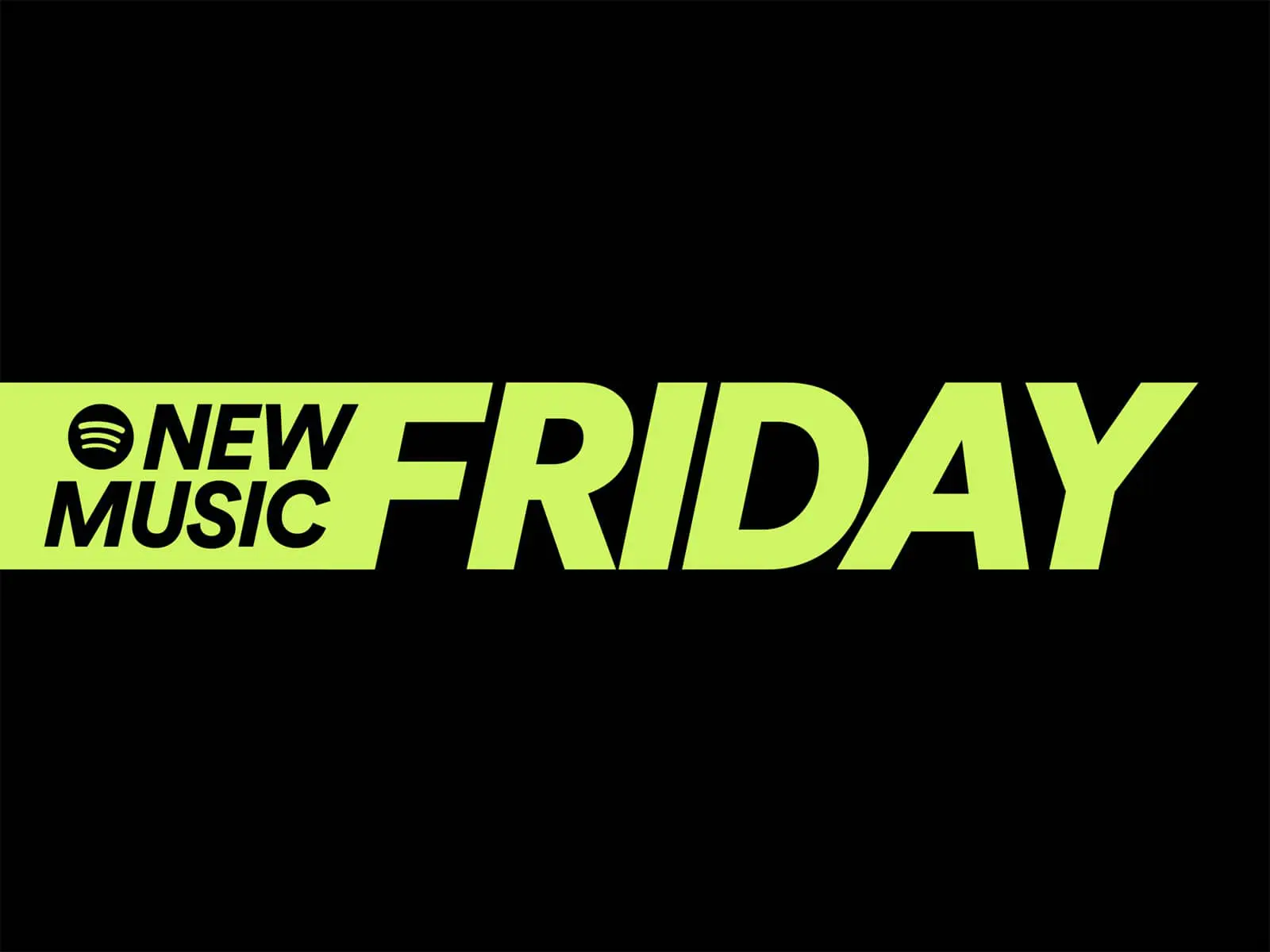AI-generated music is increasingly appearing on major streaming platforms, often without listeners knowing. Songs with provocative titles such as “Taste My Ass” and “I Caught Santa Claus Sniffing Cocaine” have surfaced on Spotify playlists and autoplay queues, prompting concern over how this content is moderated and labeled.
Some of these tracks come from anonymous creators like “BannedVinylCollection,” who confirmed using AI to produce adult-themed novelty songs. The artist said he earns about $200 a month from Spotify, with additional income from Patreon and Bandcamp.
Experts say the rise of AI-generated music is not limited to niche or humorous content. Many AI-driven artists now attract millions of monthly listeners by mimicking popular genres like soul and country. Tim Ingham of Music Business Worldwide identified 13 suspected AI-based artists with a combined audience of 4.1 million listeners on Spotify.
Spotify did not respond to requests for comment. However, French music platform Deezer said its detection system flags around 18% of daily uploads—about 600,000 songs per month—as AI-generated. While Deezer removes some of this content, it does not offer users an option to block AI music entirely.
Public attention increased following controversy around Velvet Sundown, a psychedelic rock band that used AI in its promotional content and music production. Despite saying their songs were mostly made by humans, the band faced backlash and threats, eventually going on hiatus.
The popularity of AI music continues to grow. In June, an AI-generated track titled “A Million Colors” by Vinih Pray reached No. 44 on TikTok’s Viral 50 chart. Made using the AI tool Suno, the song has gained over a million streams on Spotify and mostly positive reviews from listeners.
As AI becomes more common in music production, some artists and industry professionals are urging streaming platforms to improve transparency. Currently, Spotify and YouTube ban deepfake songs that imitate real artists, but only YouTube requires clear labeling of realistic AI content. There is no standard rule requiring creators to disclose AI involvement in their music.
Source: Wired


